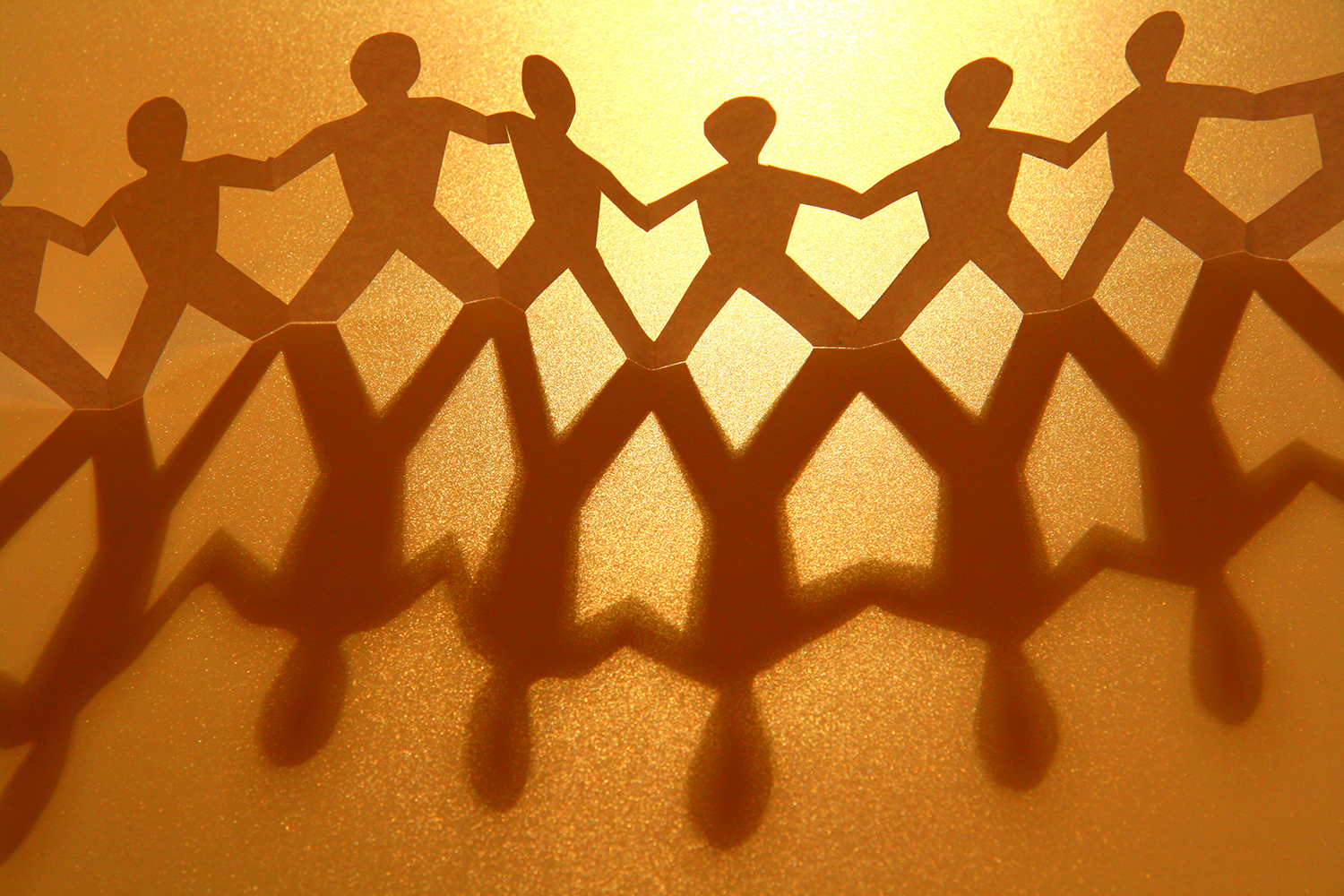One of the best things you can do to live a long, healthy life doesn’t require a visit to the doctor, a change in diet, or a new supplement regimen. It’s all about social connections.
“Social” Science
Get connected: It’s not just common sense that physical and mental health is enhanced by having a supportive network–family, friends, faith community, knitting group, poker buddies, or whatever. It’s backed by an array of scientific evidence.
“Wide-ranging research suggests that strong social ties are linked to a longer life. In contrast, loneliness and social isolation are linked to poorer health, depression, and increased risk of early death,” reports News in Health from the National Institutes of Health.
Numerous experiments going as far back as the 1970s show that people experiencing positive emotions are better at being socially engaged, at including others socially, and at showing consideration, trust, and compassion. People who have broad and varied social relationships that are rewarding are more likely to be in good physical health and to live longer.
An analysis of more than 140 studies that looked at a combined 300,000 people concluded that, in terms of mortality risk, a lack of social connectedness is comparable to other major risk factors including smoking, alcohol abuse, obesity, and lack of exercise.
A Sense of Belonging
Emma Seppälä, PhD, science director of Stanford University’s Center for Compassion and Altruism Research and Education and author of The Happiness Track, defines social connection as “The subjective experience of feeling close to and a sense of belongingness with others.” She lists its benefits as longer lifespan, stronger immunity, lower rates of anxiety and depression, higher self-esteem and empathy, better regulation of emotions, and “a positive feedback loop of social, emotional, and physical well-being.”
Low levels of social connection, on the other hand, can lead to higher inflammation, higher susceptibility to anxiety and depression, slower recovery from illness, and increased antisocial behavior, Dr. Seppälä writes.
The Costs of Isolation
Social connectedness rates are dropping in the United States, with one survey indicating that more than a quarter of people have no one to talk with about personal problems. For aging adults, loneliness is a serious health risk.
At a recent meeting of the American Association for the Advancement of Science, experts noted that feeling isolated from other people can cause insomnia, elevated blood pressure, spikes in the stress hormone cortisol, gene changes in immune cells, increased depression, and a lower sense of well-being.
Researchers pointed to three dimensions of healthy relationships:
- Intimate connectedness, or having someone in your life who affirms who you are.
- Relational connectedness, or having mutually satisfying in-person contacts.
- Collective connectedness, or feeling part of a larger group.
Don’t Lose Touch
It’s not about living alone: risks to health and lifespan come not from physical isolation but from feeling isolated. So if you’re feeling disconnected, or if you want to maintain connections as you age, consider a few approaches. Retiring to a warmer climate may mean fewer weather hassles, but staying where your support network is may outweigh that.
Reach out to others by volunteering and offering acts of kindness. Be sure to ask for help when you need it–if you don’t ask, people will assume you’re OK. Turn casual or online “friendships” into real ones by inviting a friend for a walk or a cup of tea.
Finally, don’t just seek a friend: be a friend.





